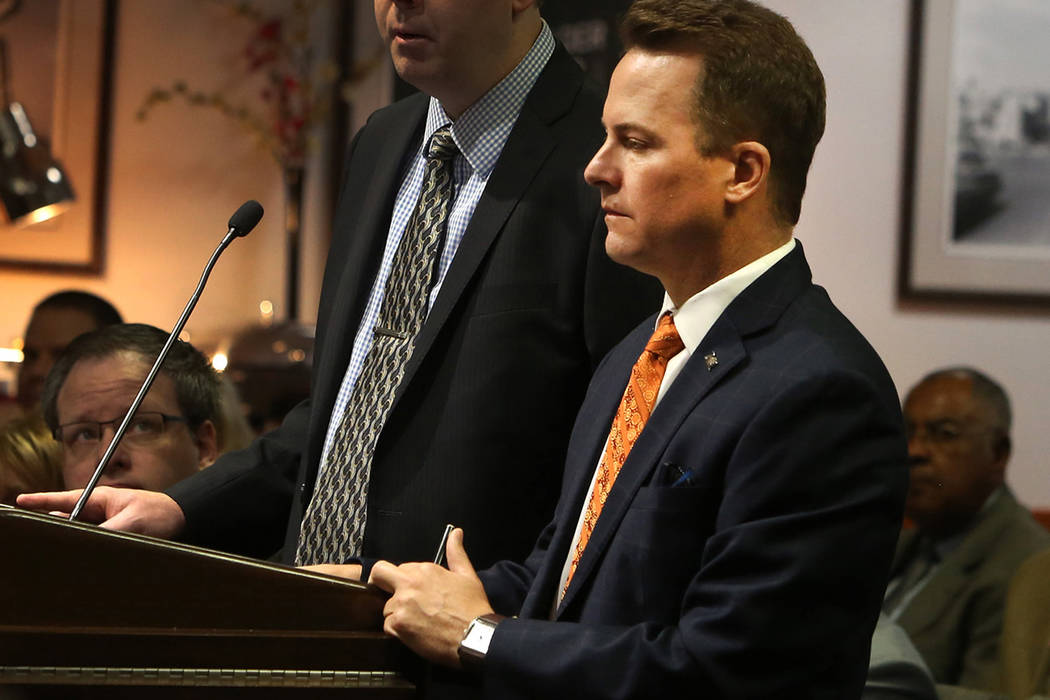![[ทัวร์ญี่ปุ่น]](http://media-cache-ak0.pinimg.com/736x/54/26/2e/54262e94550f320d11600500b5282f47.jpg)
A Few Tips For Identifying Core Criteria In
Instead, agents purchasing ancillary products for theirclients must find a workaround, which typically means going directly to an airlinewebsite. Premo said that compatibility when it comes to ancillarysales through the GDSs has been a problem since 2008, when oil reached $140 perbarrel and struggling airlines hurriedly implemented baggage fees withoutdeveloping their systems in line with an industry standard. "They extended that same process as they began chargingfor seats and priority boarding," Premo said. Ten years later, however, airlines in the U.S. and globallyare earning billions of dollars. Meanwhile, IATA's New Distribution Capability (NDC) -- theXML-based messaging standard that enables airlines to sell all products,including ancillaries, through travel agencies -- has gained traction. Themajor GDSs (Travelport, Amadeus and Sabre) have embraced NDC after initial reluctance.And 20 airlines, including American, United, JetBlue and the largest Europeanlegacy carriers have backed IATA's goal of having 20% of industry sales poweredby NDC by 2020. As for why ancillaries remain largely unavailable in the GDSchannel, Premo said one reason is that the GDSs, especially Sabre, have onlyrecently embraced NDC. Travelport remains the only GDS to have received IATA'shighest NDC certification, Level 3, as an aggregator.
For the original version including any supplementary images or video, visit http://www.travelweekly.com/Travel-News/Airline-News/AA-Basic-Economy-behind-drop-in-GDS-ancillary-sales
An Inside Examination Of Selecting Significant Criteria Of

Except for distribution costs, hoteliers have limited control over the other main cost drivers in hotel operations: Labor Costs: creeping up due to unionized labor contract and mandated minimum wage/living wage increases in many municipalities Debt Service: at best, interest rates on commercial loans are staying flat Franchise Fees (Rewards, Marketing, Royalty, Reservation, etc.) are creeping up, as usual Utilities: normally 5% of gross. Water, Sewage, Gas & Electric are all creeping up; Water & Sewage are growing pretty fast lately Real Estate Taxes: always creeping up at the whim of local municipalities In spite of a record-breaking performance in Q1, 2018 and the very optimistic forecasts for the rest of the year (STR), hospitality industry profitability is declining. U.S. hotels earned roughly $155.2 billion in guest-paid revenue in 2017, but paid an estimated $25.2 billion to acquire guests in the form of OTA commissions and other distribution costs, retaining significantly lower net room revenue of $130 billion. Revenue capture - i.e., net room revenue that remained with the hotels after accounting for distribution costs (OTA commissions, traditional agency commissions, and other distribution expenses) - declined from 84.9% in 2015 to an estimated 83.5% in 2018. Guest engagement and retention is in jeopardy: Have you looked recently into what type of guest data the OTAs provide hotels, especially independent hotels? First Name, Last Name, OTA-credit card and OTA-email for communications. This is it! Contrary to the findings of the pseudo-scientific ETTSA report, direct bookings are cheaper than OTA bookings that carry commissions of 15-25%, plus other fees. The OTA guest comes, stays, and leaves, and the hotel is left holding a bag of meaningless guest data.
For the original version including any supplementary images or video, visit https://www.phocuswire.com/Online-travel-agency-attempt-destroy-value-hotel-direct
ทัวร์เกาหลี ญี่ปุ่น

No comments:
Post a Comment